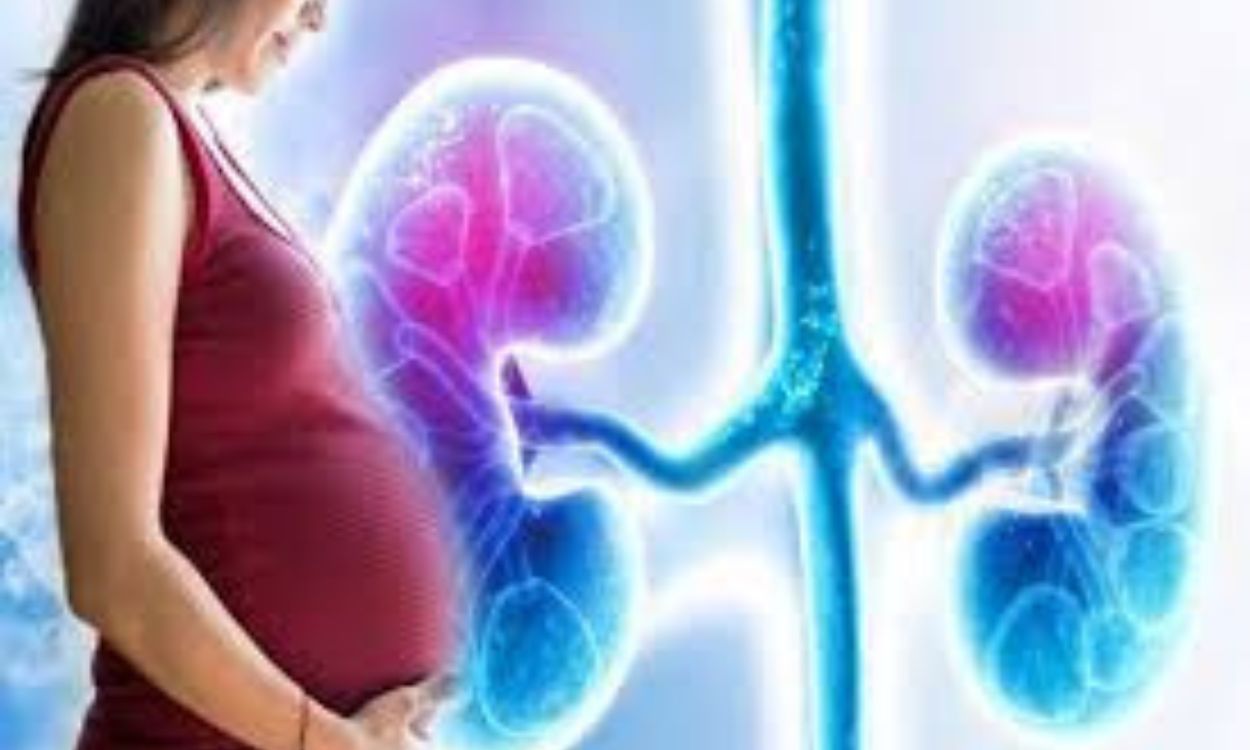Navigating Pregnancy with Kidney Disease: Essential Considerations and Support
Pregnancy is a transformative journey, but for individuals with kidney disease, it presents unique challenges and considerations. Managing kidney health while ensuring the safety of both mother and child requires careful planning and medical supervision. This guide delves into the considerations for pregnancy in individuals with kidney disease and offers insights into how technology, like Fitpaa, can support this journey.
Understanding the Impact of Kidney Disease on Pregnancy
1.Pre-Pregnancy Assessment and Planning
– Medical Evaluation: Before attempting pregnancy, a comprehensive medical evaluation is crucial. This includes assessing kidney function (eGFR), blood pressure control, and overall health status.
– Medication Review: Some medications for kidney disease and associated conditions may be harmful during pregnancy. Consulting with healthcare providers to adjust medications is essential.
– Fertility Considerations: Individuals with kidney disease may experience reduced fertility. Consulting a fertility specialist can provide insights and potential interventions.
2. Monitoring During Pregnancy
– Regular Kidney Function Tests: Frequent testing to monitor kidney function and detect any deterioration early is vital. This includes serum creatinine and proteinuria assessments.
– Blood Pressure Management: Hypertension is common in kidney disease and can be exacerbated during pregnancy, increasing the risk of preeclampsia. Regular monitoring and management are critical.
– Dietary Adjustments: A renal dietitian can help tailor a pregnancy-safe diet that supports kidney health while meeting the increased nutritional needs of pregnancy.
3. Potential Complications
– Preeclampsia Risk: Individuals with kidney disease are at higher risk for preeclampsia, a pregnancy complication characterized by high blood pressure and potential organ damage.
– Preterm Birth and Low Birth Weight: There is an increased risk for preterm birth and babies with low birth weight due to compromised kidney function.
– Gestational Diabetes: Monitoring for gestational diabetes is important as it can further impact kidney health.
4. Postpartum Considerations
– Postpartum Kidney Health: Continued monitoring of kidney function postpartum is essential as pregnancy can stress the kidneys.
– Breastfeeding: Decisions about breastfeeding should consider the mother’s medications and kidney health, consulting with healthcare providers for guidance.
Leveraging Fitpaa for a Healthier Pregnancy Journey
1. Personalized Health Management
– Fitpaa’s AI-driven metabolism monitoring can help tailor health plans specifically for individuals with kidney disease, ensuring personalized care throughout pregnancy.
2. Nutritional Guidance
– With access to nutritionists, Fitpaa can offer dietary plans that align with kidney health needs and pregnancy requirements, ensuring optimal nutrition for mother and baby.
3. Real-Time Monitoring and Support
– Fitpaa’s digital therapeutic solutions provide real-time guidance and support, helping users adhere to medical advice and lifestyle adjustments critical for managing kidney disease during pregnancy.
4. Community and Professional Support
– Through the Fitpaa app, connect with a community of health professionals and fellow users for support, advice, and encouragement, fostering a supportive environment for expecting mothers.
5. Commitment to Health Goals
– Fitpaa is dedicated to helping users achieve their health goals safely and effectively, offering a risk-free trial to ensure satisfaction and results.
To embark on this journey with confidence and support, download the Fitpaa app today. Whether you’re planning a pregnancy or currently expecting, Fitpaa is your partner in health, ensuring you and your baby receive the best care possible. Your health, our mission!











